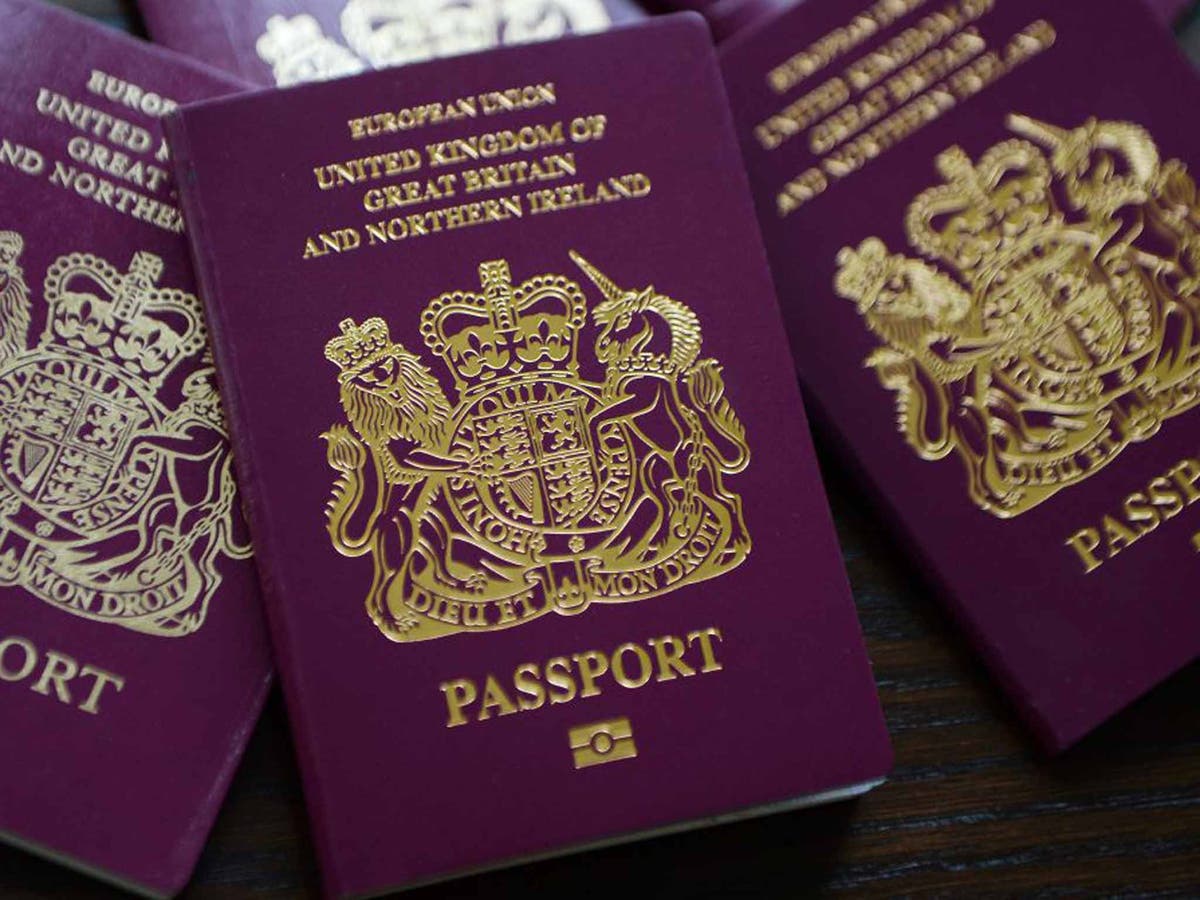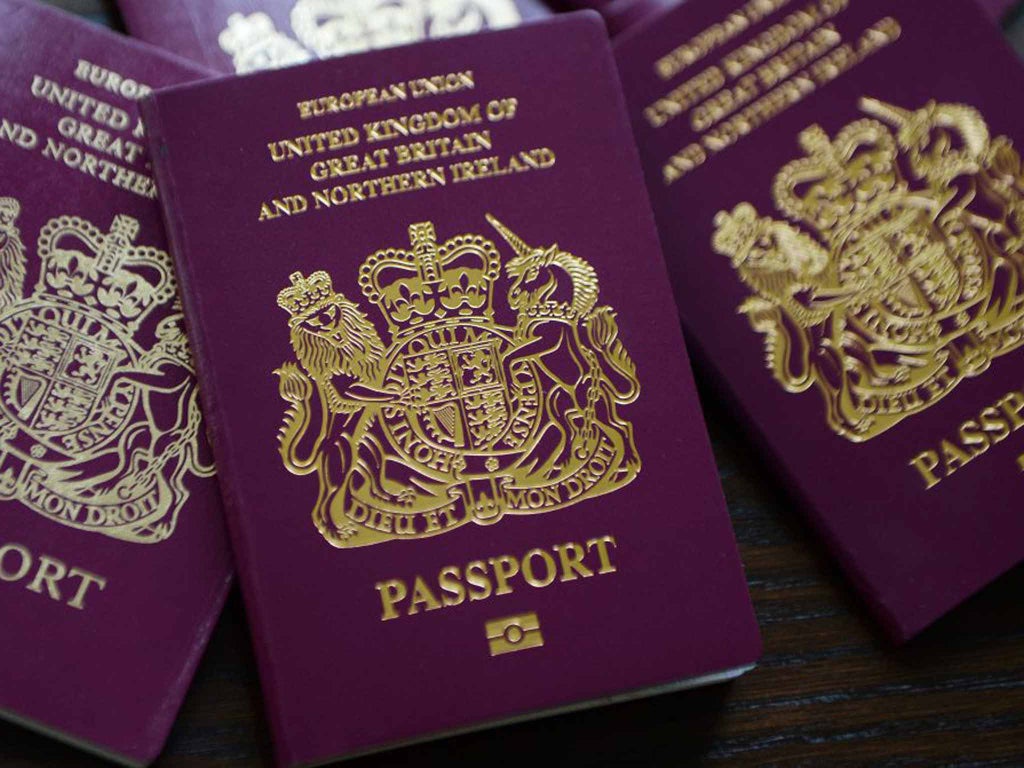At lunchtime on Wednesday 10 November, Clarice Easson and her husband Alan reported to the Manchester airport departure gate for their easyJet flight to Paphos in Cyprus.
The couple, from Hoylake in the Wirral, had dropped off their bags and gone through security. But as they prepared to board, easyJet ground staff said Ms Easson could not travel –claiming her passport was not valid for travel to European Union nations, including Cyprus.
All their papers were in order ahead of the 2,123-mile trip – including a completed Cyprus flight pass to comply with the island’s Covid rule.
Ms Easson’s passport met both conditions imposed by the European Union for “third countries” – as the UK has become because of Brexit.
The document was issued on 12 January 2012 and expires on 12 June 2022, meaning it was issued within the past 10 years and has more than three months’ validity after the couple’s intended holiday.
But easyJet staff at the gate decided she could not travel.
Ms Easson’s son, David, told The Independent: “Mum was denied entry and told that they had experience of customers being turned around directly at Paphos airport.
“The staff member said she had denied several people at the gate before.”
The couple asked to take their chances at Paphos airport but were denied access to the flight.
In a telephone call after the flight departed, easyJet offered to refund – in the form of a voucher – three-quarters of the £360 cost of the flight.
David Easson said: “Dad suggested he might escalate the complaint but was told on the phone line that having a valid passport is entirely the responsibility of the holder and has nothing to do with the airline.”
Under European air passengers’ rights rules, which have continued in force after Brexit, the airline must pay each of them £350 cash in compensation in addition to a full refund of the flights for denying them boarding.
Thousands of travellers are believed to have been wrongly turned away from flights to the European Union since the UK ban on international travel ended on 17 May.
The Independent has repeatedly reminded airlines about the European rules. The UK government continues to misrepresent them, advising travellers “on the day you travel you [must] have at least six months left on your passport”.
The official advice says: “Your passport must also be less than 10 years old on the day after you leave.
“If you renewed your current passport before the previous one expired, extra months may have been added to its expiry date. Any extra months on your passport over 10 years may not count towards the minimum period needed.”
A UK government spokesperson said: “The European Commission has explicitly advised us, including in correspondence received [on 10 November 2021], that the conditions of a passport being less than 10 years old and valid for three months post-return date are cumulative.
“We are engaging with the Commission to seek further clarification and, if this is no longer the case, will update our advice in due course.”
But a spokesperson for the European Commission confirmed: “The condition that the passport must have been issued within the previous 10 years does not extend for the duration of the intended stay. It is enough if this condition is fulfilled at the moment of entry.
“To give a practical example, a non-EU traveller arriving on 1 December 2021 for a 20 days stay in the EU with a passport issued on 2 December 2011 and valid until 2 April 2022 will be allowed entry.”
The advice provided by easyJet online is also wrong, saying UK passport holders travelling to the EU must have six months’ remaining. Ryanair makes a similar assertion, insisting passengers tick a box confirming their passport has at least six months to run.







More Stories
Everything you need to know about July and August rail industrial action
‘It’s cancerous’: How seaside towns fight back against second home owners
EasyJet flight diverted after passenger medical emergency on board